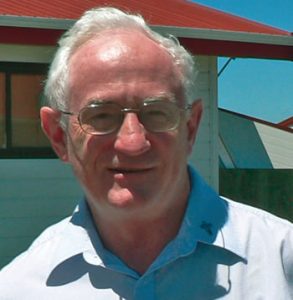The Afterlife

by Fr Neil Vaney SM
The limits of human knowledge
On my computer I have images of galaxies in deep space captured by the Hubble telescope in its orbit around the earth. I’m stunned by their beauty and complexity. Even more than that I’m amazed that only 5% of our universe is accessible to us; according to astrophysicists about 95% is made up of dark energy and dark matter undetectable by our instruments.
Scientists are certain it’s there because its existence explains so much else they can observe and measure. In a somewhat similar vein, other scientists propose parallel universes and a grand unified theory of matter because they will tie together other still unresolved physical dilemmas.
Why scientists dismiss the resurrection
On the other hand, many scientists are adamant that there can be no human life after death. They maintain this because such a belief totally contradicts the canons of objective knowledge, which must be verifiable by testing, be measurable and able to be reproduced by others. Our inner subjective world is viewed very dubiously because it can’t meet these criteria.
This view seems to ignore the reality that many of the richest and most powerful moments of human life are spontaneous, unrepeatable and unable to be fully grasped except by the one who stumbles into them. To dismiss these as subjective seems to me to be arrogant and arbitrary.
A thought experiment
Try to cast yourself back to existence in your mother’s womb: a vague awareness of sound, pressure and floating. If the embryo could elaborate it might say, this is the real world, the only one there is. Pushed agonisingly and brutally from the womb it opens its eyes to a totally inconceivable reality. Could not death be such a comparable experience?
 Entries(RSS)
Entries(RSS)